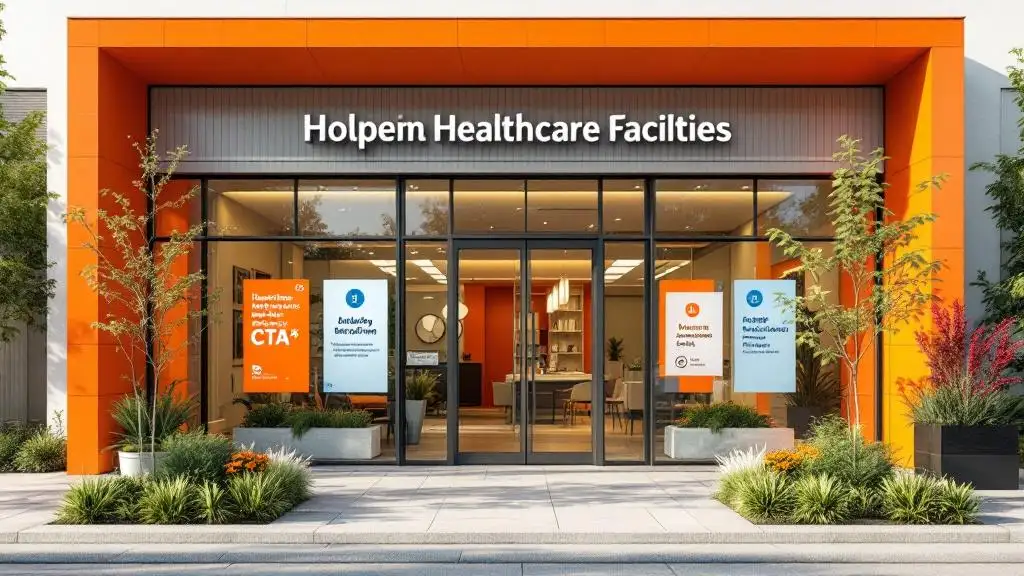Addiction Treatment/Drug Rehab Center Marketing Tips
Let's explore the role of marketing in the success of addiction treatment centers and understand the unique challenges they face in marketing their services.
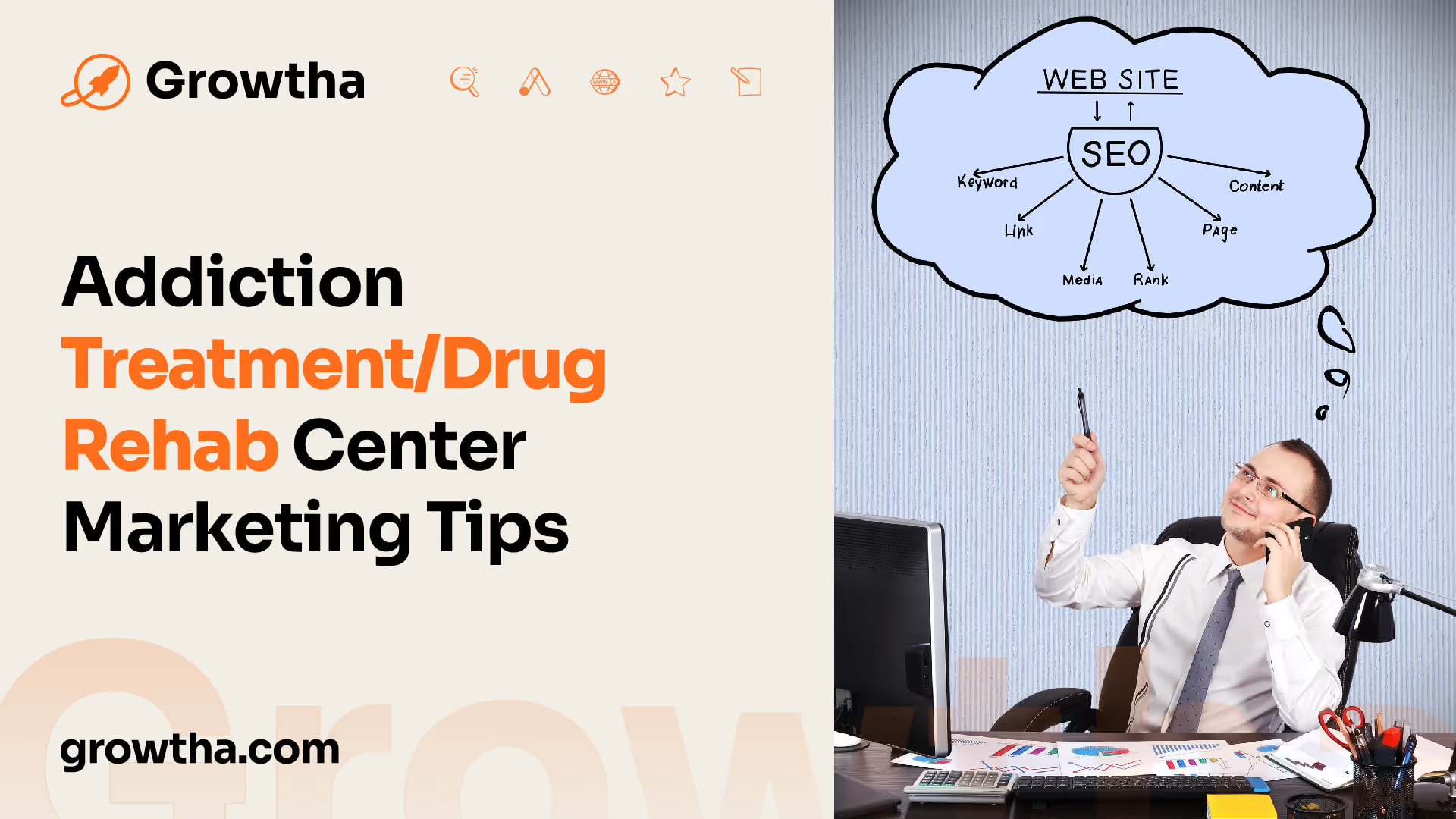

Addiction Treatment/Drug Rehab Center Marketing Tips
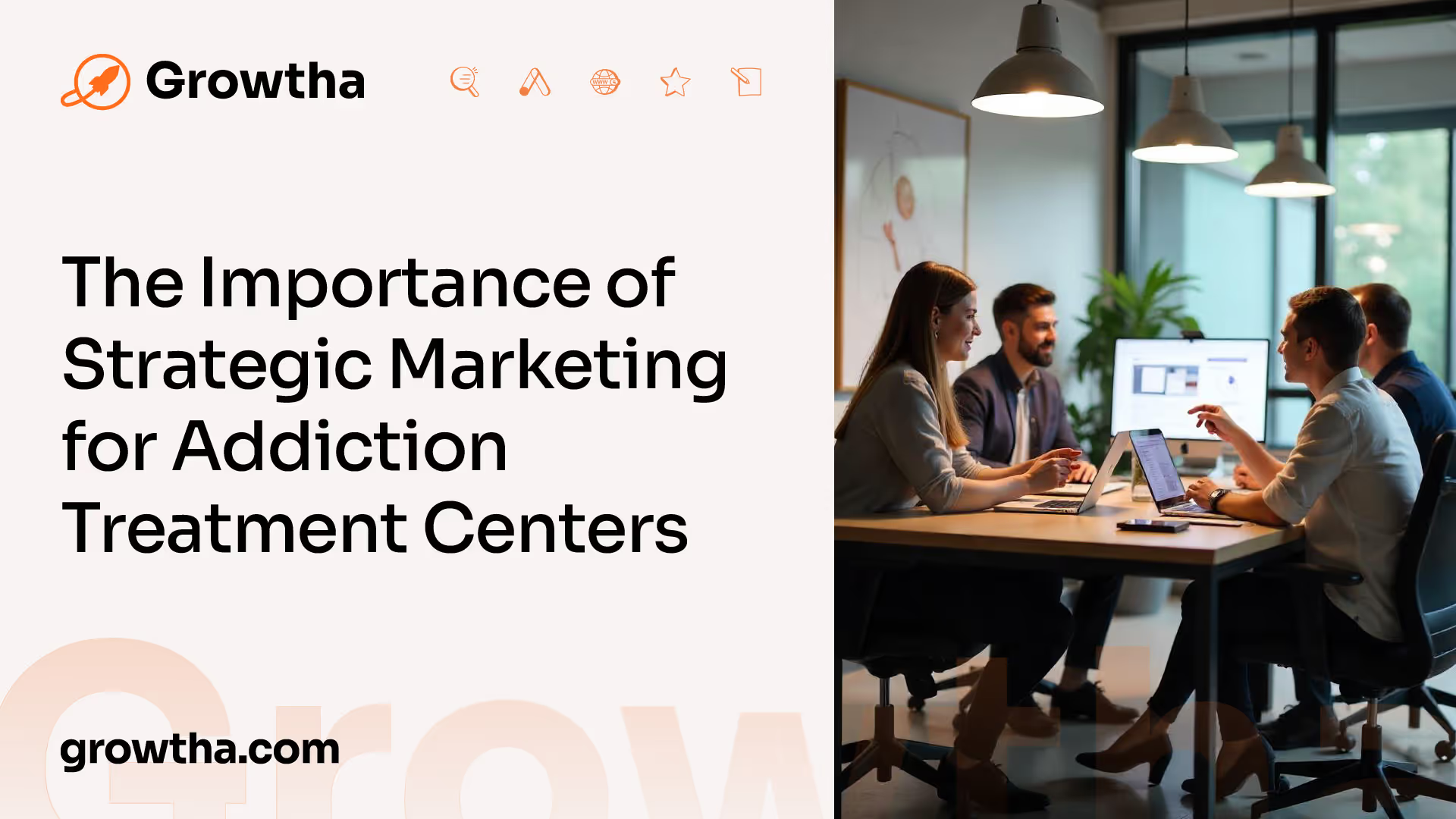
The Importance of Strategic Marketing for Addiction Treatment Centers
In the highly competitive field of addiction treatment, strategic marketing plays a crucial role in the success of treatment centers. It not only helps in reaching and attracting individuals in need of addiction treatment but also establishes trust and credibility within the community.
Let's explore the role of marketing in the success of addiction treatment centers and understand the unique challenges they face in marketing their services.
The Role of Marketing in the Success of Addiction Treatment Centers
Marketing serves as a powerful tool for addiction treatment centers to connect with their target audience and convey their unique value proposition. By implementing effective marketing strategies, treatment centers can:
- Raise awareness: Marketing campaigns help in spreading awareness about the services and programs offered by addiction treatment centers. This is especially important as many individuals may not be aware of the available treatment options and resources.
- Attract potential clients: Through targeted marketing efforts, treatment centers can reach individuals who are actively seeking addiction treatment or are in need of support. By showcasing their expertise, success stories, and evidence-based approaches, treatment centers can attract individuals to their programs.
- Build trust and credibility: Effective marketing helps in establishing trust and credibility within the community. By providing educational resources, testimonials, and transparent information about their services, treatment centers can build a positive reputation and gain the trust of potential clients and their families.
- Foster long-term relationships: Marketing efforts extend beyond attracting new clients. It also involves fostering relationships with former clients, their families, and the community. This can lead to referrals and positive word-of-mouth, contributing to the long-term success of the treatment center.
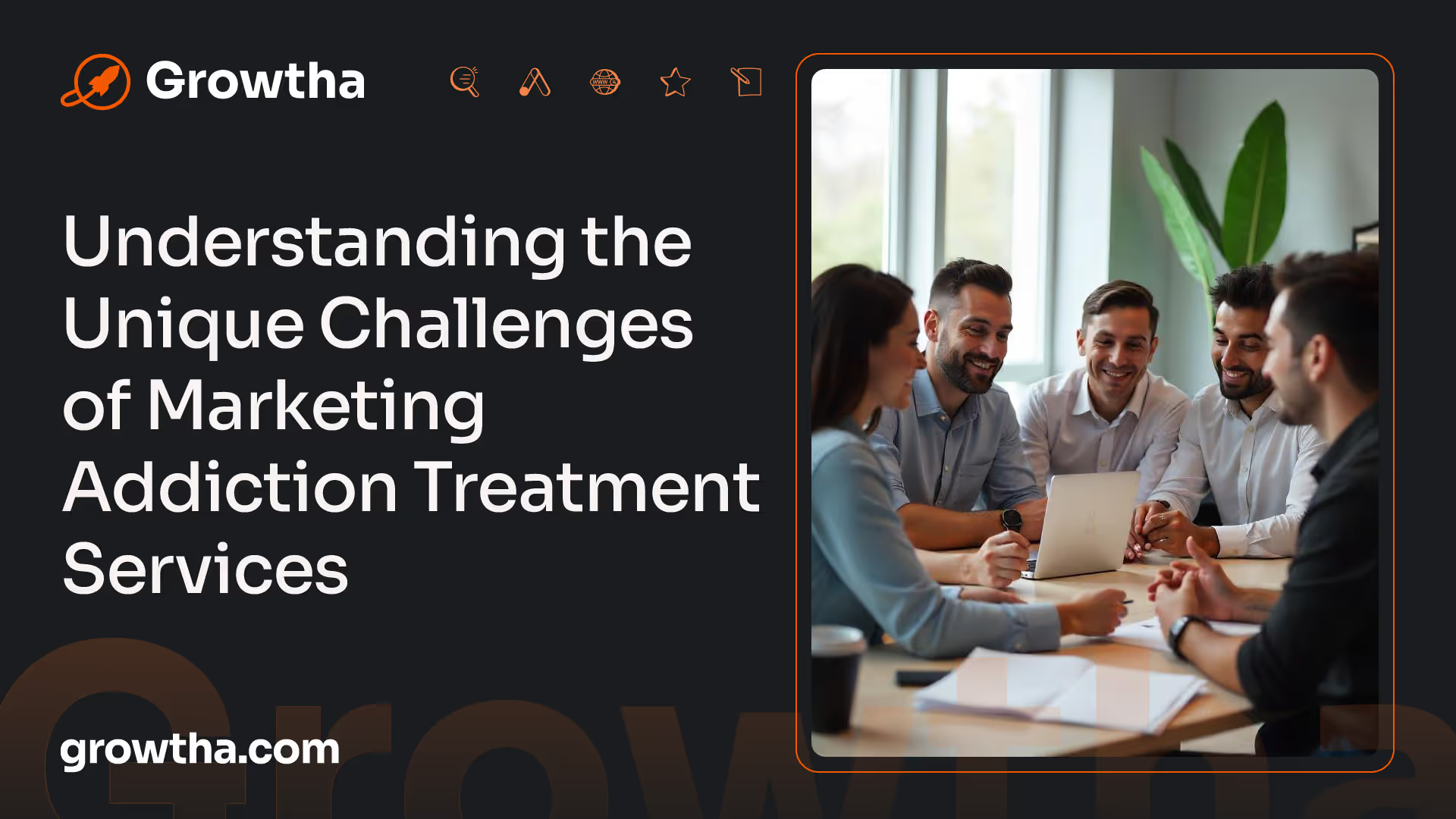
Understanding the Unique Challenges of Marketing Addiction Treatment Services
Marketing addiction treatment services presents unique challenges that require careful consideration and strategic planning. Some of these challenges include:
By understanding these challenges and implementing well-planned marketing strategies, addiction treatment centers can effectively reach their target audience, establish credibility, and contribute to the overall success of their programs.
Building a Solid Foundation
In order to develop effective marketing strategies for addiction treatment centers, it is essential to build a solid foundation. This involves defining your target audience and crafting a compelling value proposition that sets your center apart from others.
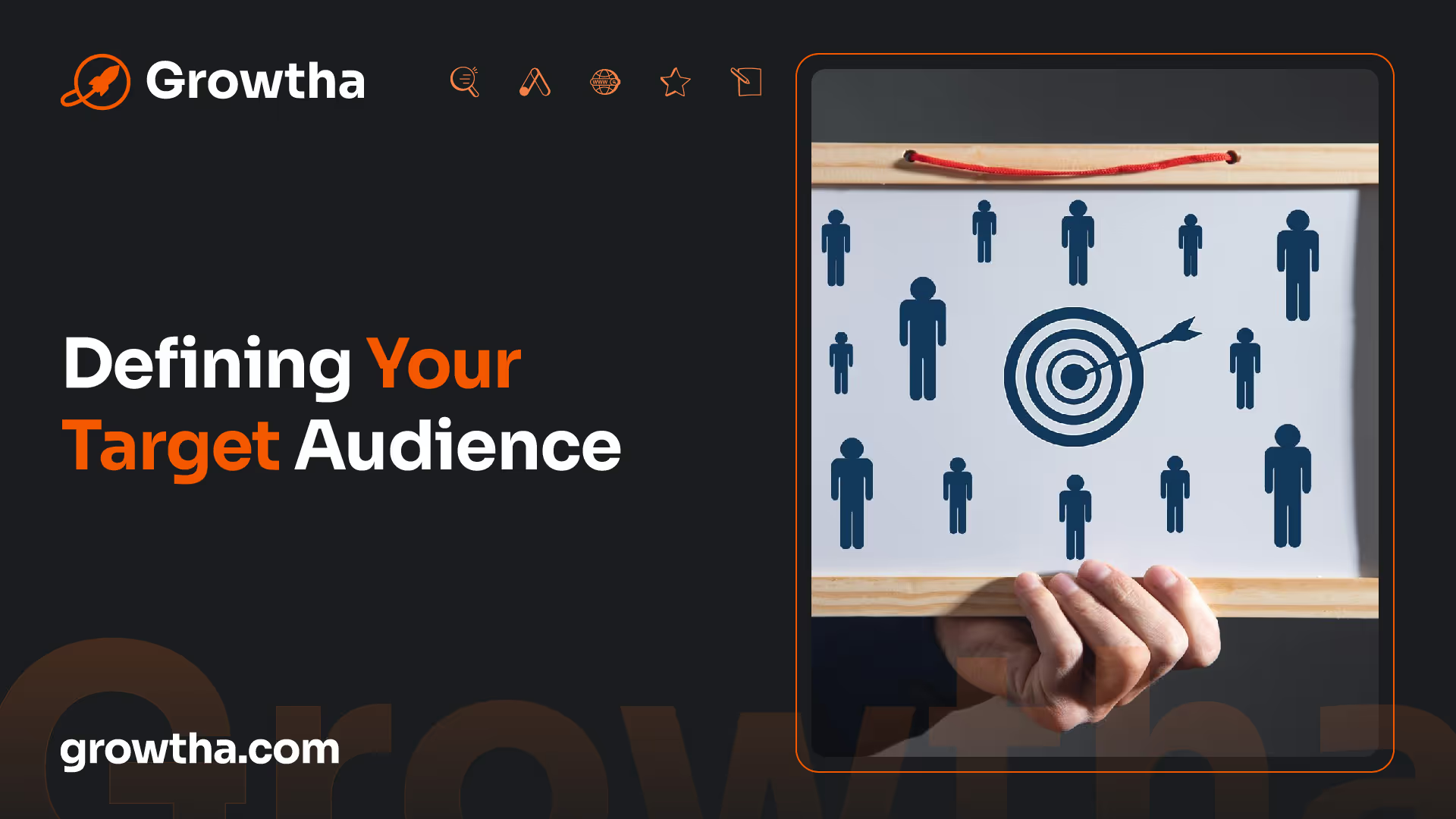
Defining Your Target Audience
Defining your target audience is the first step in creating successful marketing campaigns. Understanding the demographics, psychographics, and specific needs of your target audience allows you to tailor your messaging and outreach efforts accordingly.
By analyzing these factors, you can create targeted marketing materials that resonate with your audience. For example, if your target audience consists of young adults struggling with substance abuse, your messaging may focus on relatable experiences and the importance of seeking professional help.
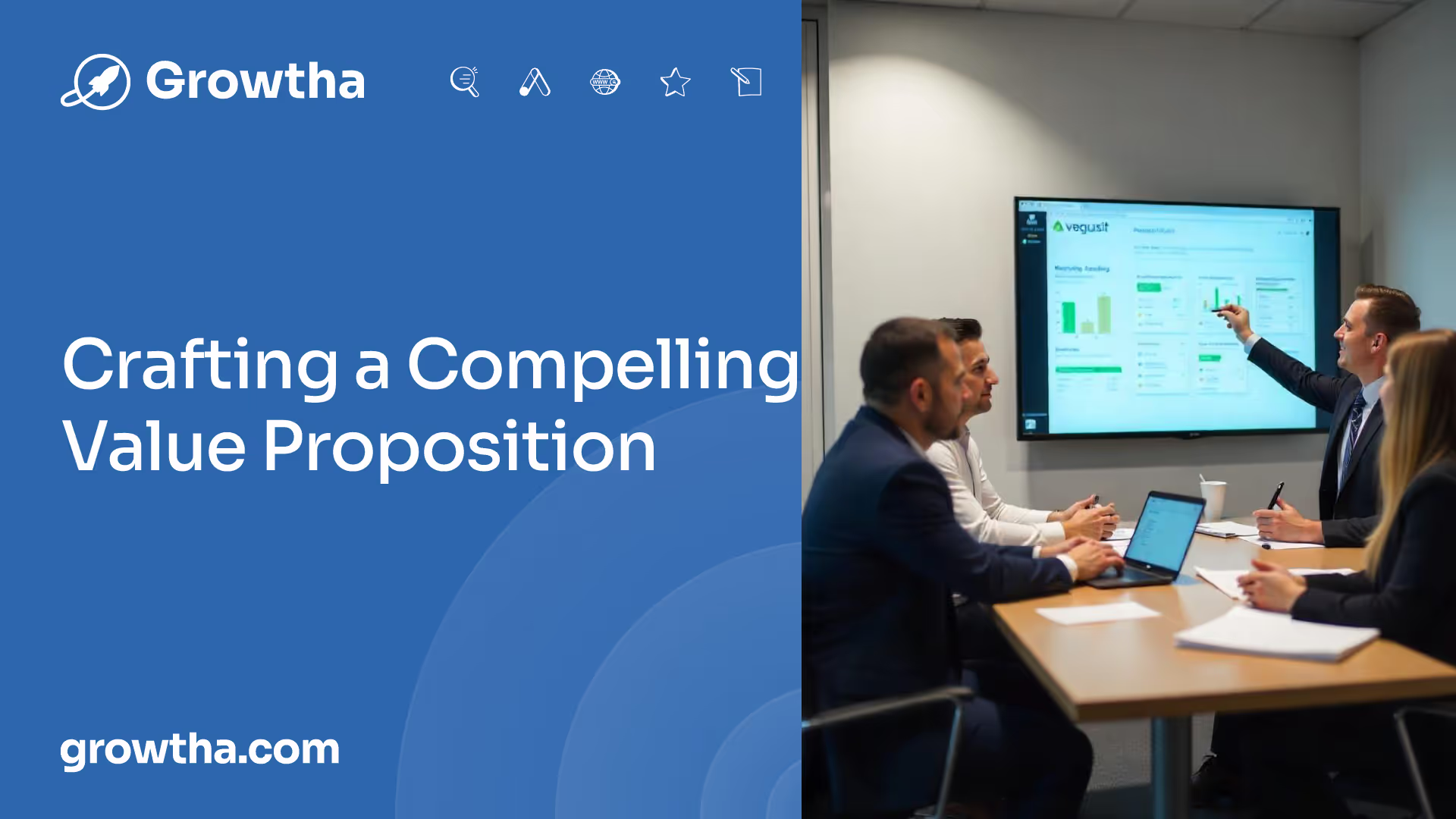
Crafting a Compelling Value Proposition
A compelling value proposition is a statement that communicates the unique benefits and advantages your addiction treatment center offers to potential clients. It should clearly articulate why individuals should choose your center over others.
To craft a compelling value proposition, consider the following:
- Differentiation: Identify what sets your addiction treatment center apart from competitors. This could be specialized programs, evidence-based therapies, experienced staff, or a holistic approach to treatment.
- Patient-Centered Approach: Emphasize your commitment to providing individualized care and support to each client. Highlight the personalized treatment plans, comprehensive assessments, and ongoing support services your center offers.
- Success Rates: If your addiction treatment center has high success rates or positive outcomes, showcase this information. Present statistics or testimonials from previous clients to demonstrate the effectiveness of your programs.
- Accessibility and Affordability: Address any barriers that potential clients may have, such as financial concerns or location. Highlight any financial assistance programs, insurance partnerships, or convenient locations your center offers.
Crafting a value proposition that resonates with your target audience helps establish your addiction treatment center as a trusted and reliable option for those seeking help. It allows you to effectively communicate the unique benefits and advantages your center provides, ultimately attracting more clients.
By building a solid foundation through defining your target audience and crafting a compelling value proposition, you lay the groundwork for successful marketing strategies. These foundational elements will guide your marketing efforts and ensure that your messages are tailored to the right audience with a clear and persuasive value proposition.
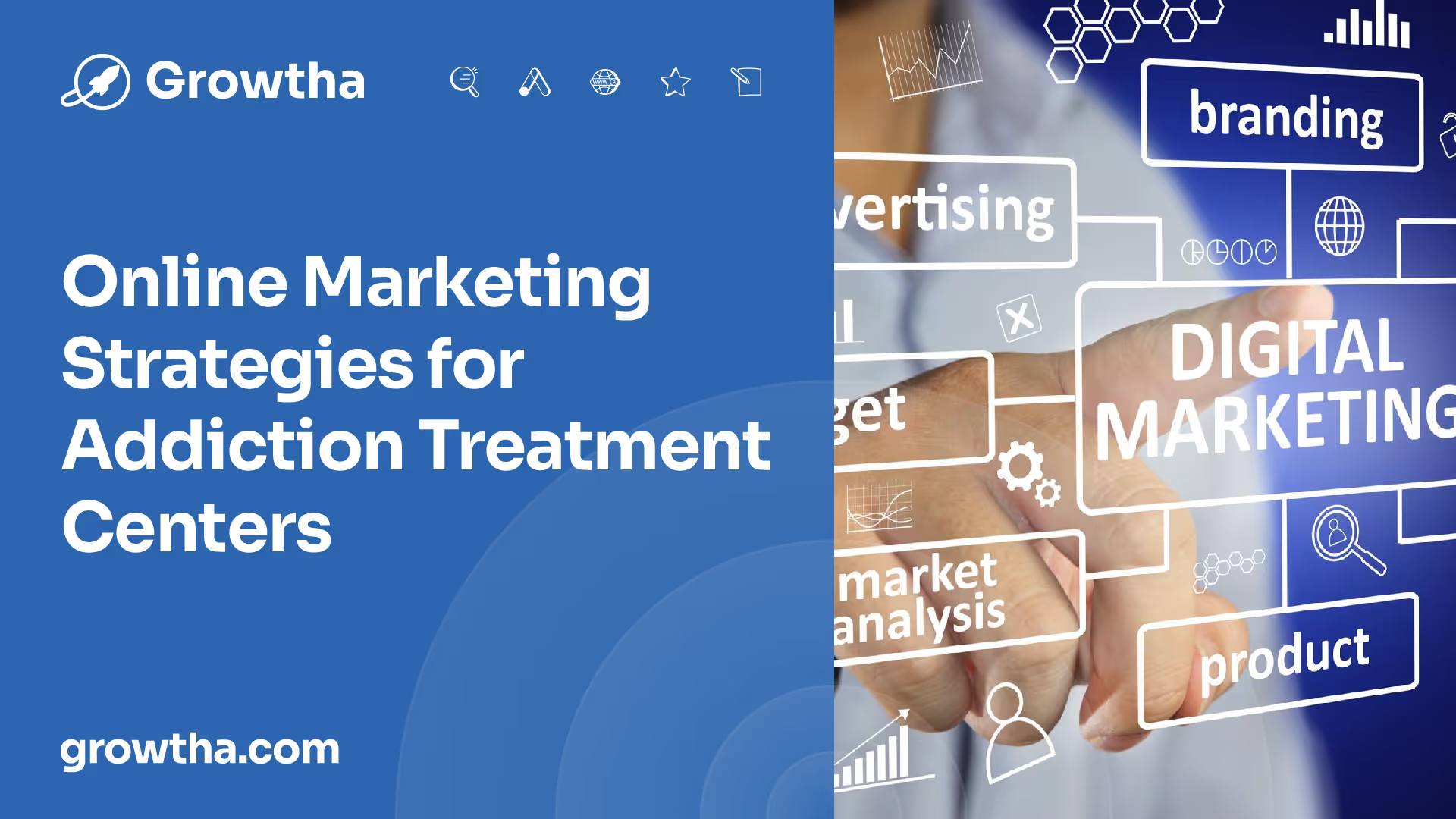
Online Marketing Strategies for Addiction Treatment Centers
In the digital age, having a strong online presence is crucial for the success of addiction treatment centers. Implementing effective online marketing strategies can help increase visibility, attract prospective clients, and ultimately drive conversions. Here are three key strategies to consider:
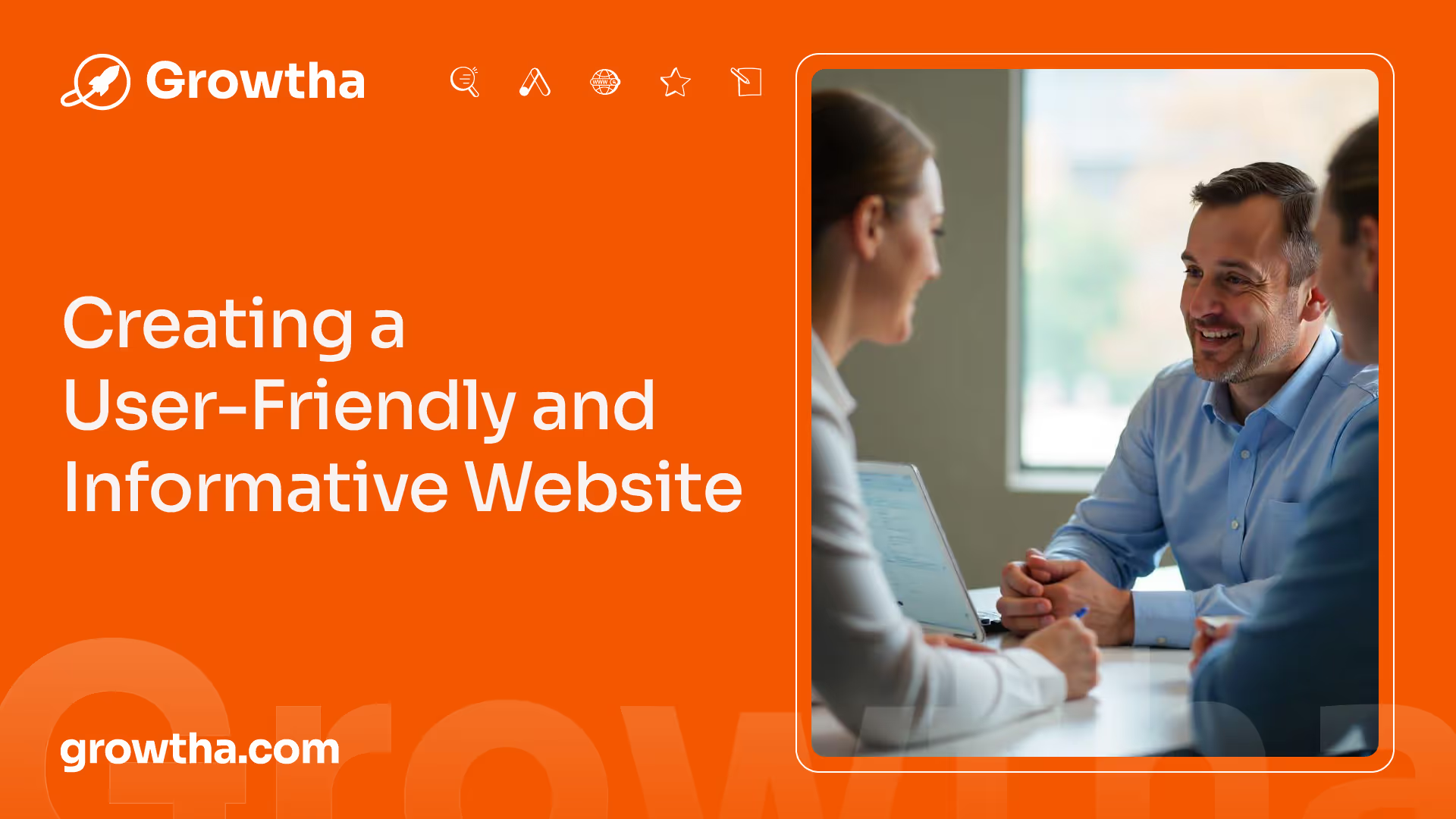
Creating a User-Friendly and Informative Website
A well-designed and user-friendly website serves as the foundation of your online marketing efforts. It should provide essential information about your addiction treatment center, including treatment options, facilities, staff expertise, and contact details. The website should be easy to navigate, ensuring that visitors can quickly find the information they need.
To engage visitors and encourage them to take action, consider incorporating the following elements into your website:
- Testimonials from satisfied clients to build trust and credibility.
- Clear calls-to-action (CTAs) that guide visitors to take the next step, such as contacting your center or scheduling a consultation.
- High-quality images and videos that showcase your facilities and compassionate care.
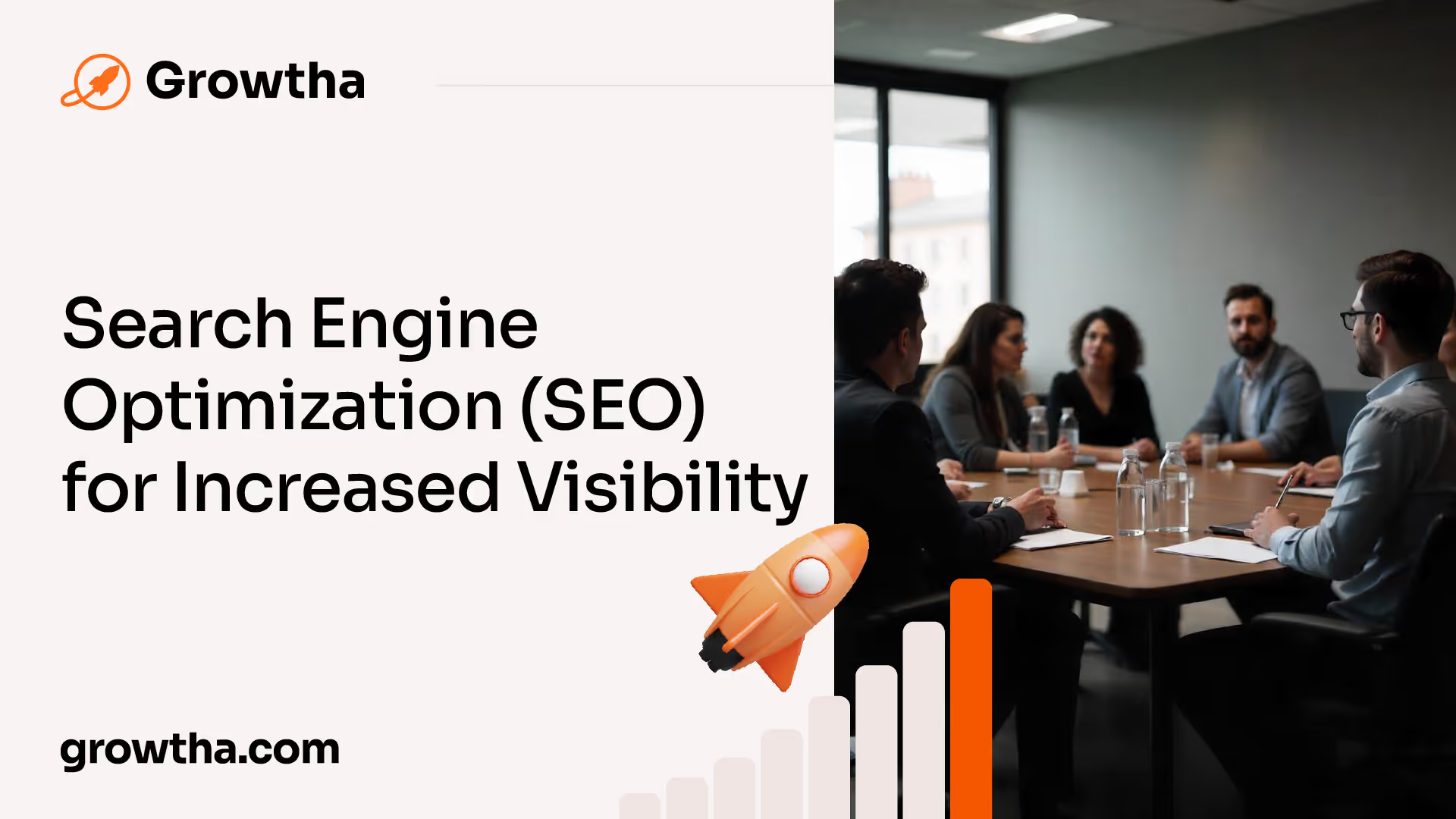
Search Engine Optimization (SEO) for Increased Visibility
Search engine optimization (SEO) is crucial for improving your addiction treatment center's visibility in search engine results. By optimizing your website, you can increase organic traffic and attract individuals actively searching for addiction treatment services.
To enhance your website's SEO, consider the following strategies:
- Conduct keyword research to identify relevant and high-traffic keywords related to addiction treatment.
- Optimize your website's meta tags, headings, and content with these targeted keywords.
- Ensure your website is mobile-friendly to cater to users browsing on smartphones and tablets.
- Build high-quality backlinks from reputable websites to improve your website's authority.
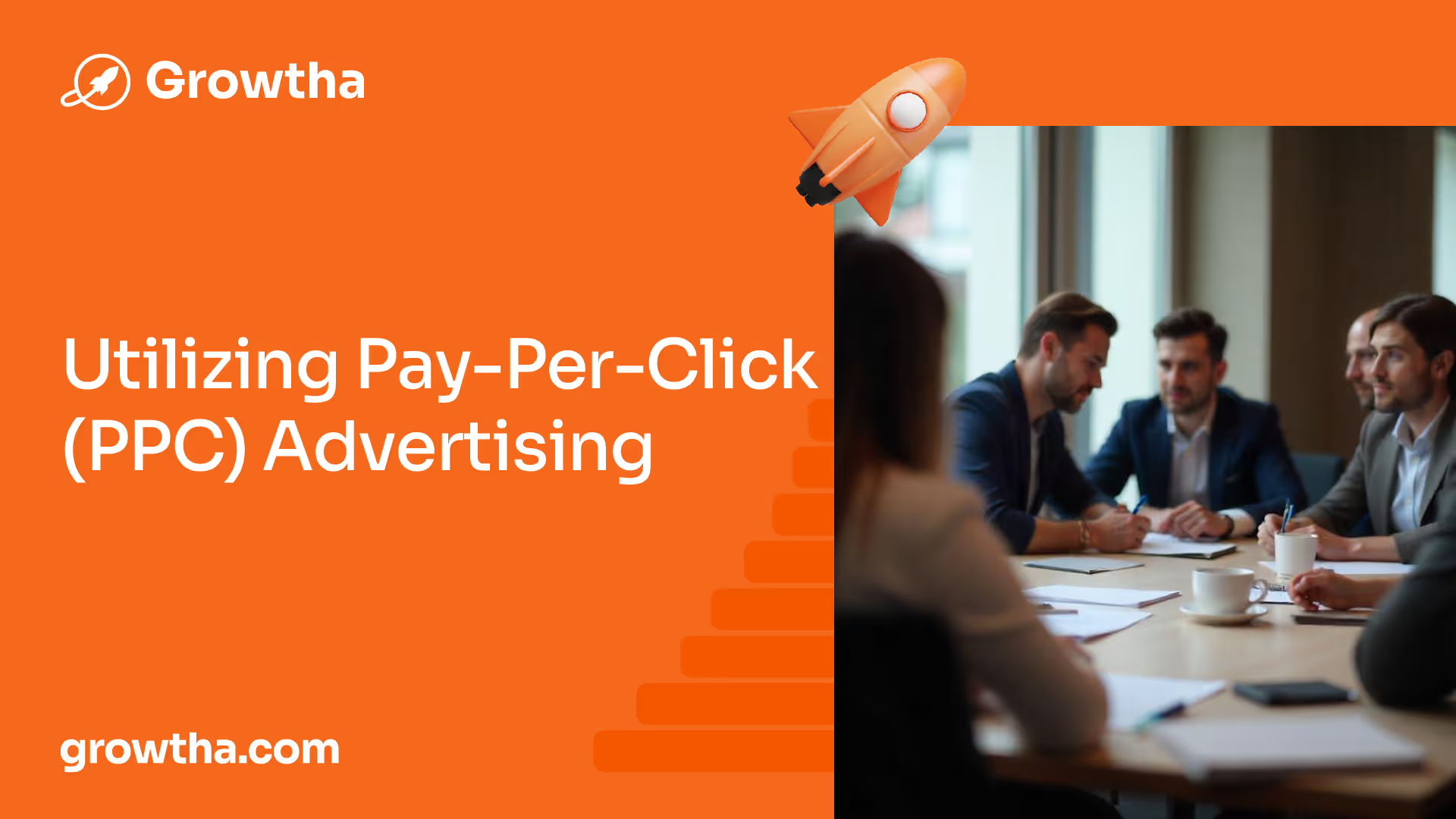
Utilizing Pay-Per-Click (PPC) Advertising
Pay-per-click (PPC) advertising allows you to display targeted ads on search engines and other online platforms. With PPC, you only pay when someone clicks on your ad, making it a cost-effective way to reach potential clients.
To make the most of PPC advertising, consider the following tips:
- Conduct thorough keyword research to identify relevant and high-converting keywords.
- Create compelling ad copy that highlights your unique value proposition and encourages users to click.
- Use audience targeting options to reach individuals in specific geographical locations or demographics.
- Continuously monitor and optimize your PPC campaigns to improve performance and maximize your return on investment (ROI).
By implementing these online marketing strategies, you can enhance your addiction treatment center's online presence, attract more qualified leads, and ultimately help those in need find the support they require. Remember to regularly track and analyze the performance of your online marketing efforts to continually refine your strategies and achieve optimal results.
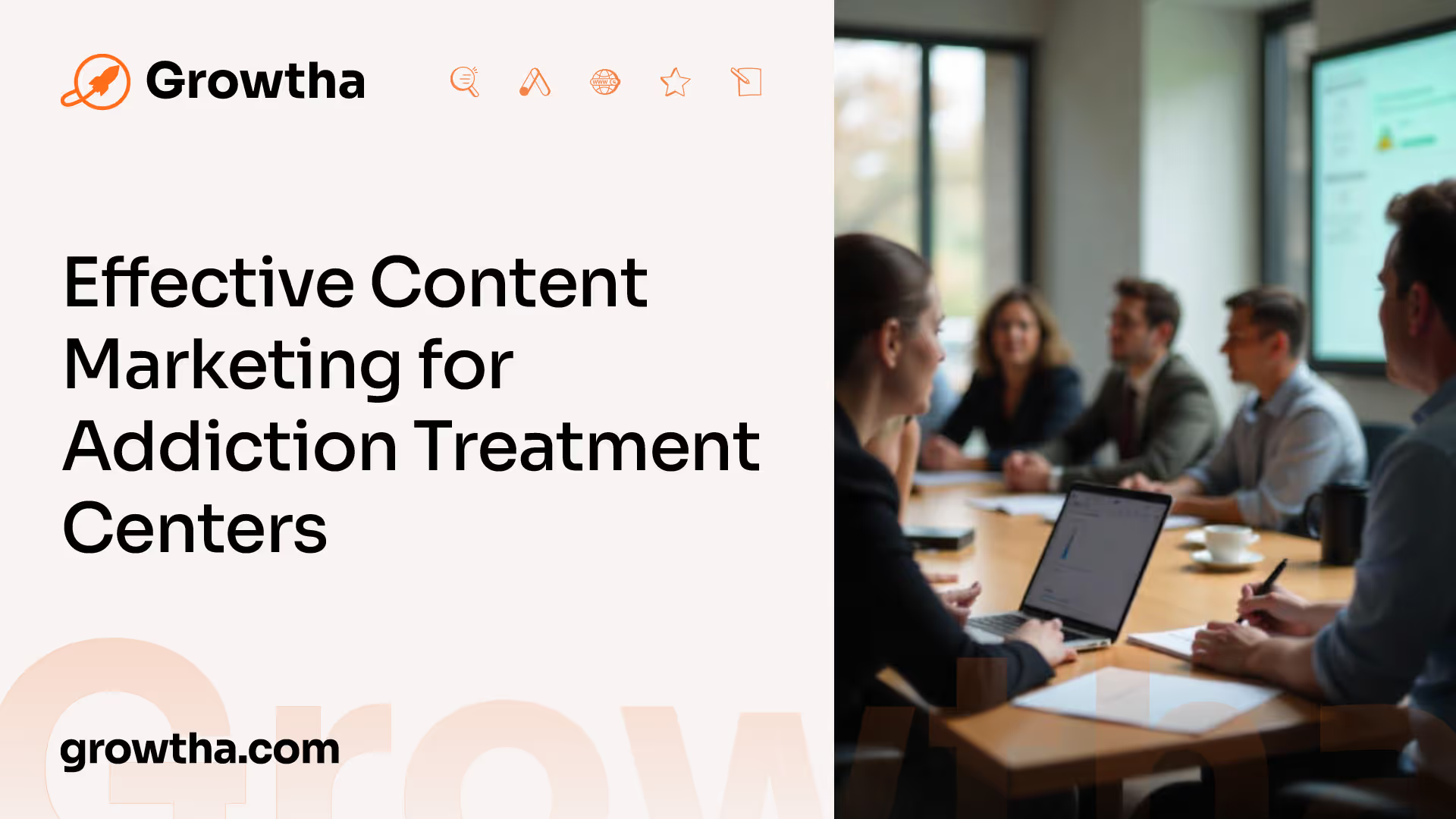
Effective Content Marketing for Addiction Treatment Centers
When it comes to marketing addiction treatment centers, content marketing plays a crucial role in reaching and engaging with the target audience. By providing valuable and informative content, addiction treatment centers can establish credibility, build trust, and attract individuals seeking help. Here are three effective content marketing strategies to consider:
Developing Engaging and Educational Blog Content
Maintaining a blog on your addiction treatment center's website can be a powerful tool for sharing valuable information and connecting with your target audience. Here are some key topics to consider when developing blog content:
By creating engaging and educational blog content, you position your addiction treatment center as a trusted resource and establish credibility within the field.
Leveraging Social Media Platforms for Outreach
Social media platforms provide an opportunity to reach a wide audience and engage with individuals seeking addiction treatment. When leveraging social media for outreach, consider the following strategies:
Social media platforms offer a cost-effective way to increase awareness about your addiction treatment center and connect with individuals who may be searching for help.
Incorporating Video Marketing for Maximum Impact
Video marketing is a powerful tool for capturing attention and conveying your message effectively. Consider incorporating the following types of videos into your content marketing strategy:
Videos have the power to evoke emotions and establish a personal connection with your target audience, making them an effective content marketing tool for addiction treatment centers.
By implementing these content marketing strategies—developing engaging and educational blog content, leveraging social media platforms for outreach, and incorporating video marketing—you can effectively reach individuals seeking addiction treatment, provide valuable information, and establish your addiction treatment center as a trusted resource in the field.

Building Relationships and Referral Networks
Establishing strong relationships and referral networks is crucial for the success of addiction treatment centers. By connecting with healthcare professionals, engaging in community outreach and events, and encouraging client testimonials and referrals, treatment centers can expand their reach and attract more individuals in need of their services.
Establishing Partnerships with Healthcare Professionals
Collaborating with healthcare professionals is an effective way to build a referral network and increase the visibility of your addiction treatment center. By establishing partnerships with doctors, therapists, counselors, and other healthcare providers, you can create a network of trusted professionals who can refer clients to your center.
Developing strong relationships with healthcare professionals involves open communication, mutual support, and a shared commitment to providing quality care to individuals struggling with addiction. By working together, you can ensure that individuals receive the comprehensive and integrated care they need.
Engaging in Community Outreach and Events
Community outreach is an essential component of addiction treatment center marketing. By actively participating in local events, seminars, and workshops, you can connect with community members, raise awareness about addiction, and promote your treatment center's services.
By engaging in community outreach and events, you can foster relationships with community leaders, organizations, and individuals who may require your addiction treatment services. This proactive approach helps to establish your treatment center as a trusted resource within the community.
Encouraging Client Testimonials and Referrals
Client testimonials and referrals play a significant role in attracting new individuals to your addiction treatment center. Satisfied clients who have successfully completed treatment can serve as powerful advocates for your services.
Strategies for Encouraging Testimonials and Referrals
- Provide exceptional care and support throughout the treatment process
- Request testimonials from clients who have experienced positive outcomes
- Implement a referral program that rewards clients for referring others
- Share success stories and testimonials on your website and social media platforms
By actively seeking client testimonials and encouraging referrals, you can leverage the positive experiences of your past clients to attract new individuals seeking addiction treatment. These testimonials and referrals serve as social proof and build trust in your treatment center's capabilities.
Establishing partnerships with healthcare professionals, engaging in community outreach and events, and encouraging client testimonials and referrals are essential elements of a comprehensive addiction treatment center marketing strategy.
By focusing on building relationships and referral networks, treatment centers can increase their visibility, expand their client base, and ultimately help more individuals on their journey to recovery.
Read: Rehab Center Design Trends
Measuring and Analyzing Marketing Efforts
To ensure the success of addiction treatment center marketing strategies, it is essential to measure and analyze the effectiveness of your efforts. By tracking key performance indicators (KPIs) and utilizing analytics tools, you can make data-driven decisions to optimize your marketing campaigns.
Tracking Key Performance Indicators (KPIs)
Tracking KPIs allows you to monitor the performance of your marketing initiatives and evaluate their impact on your addiction treatment center. By identifying and measuring the right metrics, you can gain valuable insights into the effectiveness of your marketing efforts. Here are some key KPIs to consider:
By regularly tracking these KPIs, you can identify trends, spot areas for improvement, and make informed decisions to optimize your marketing strategies.
Utilizing Analytics Tools for Data-Driven Decision Making
Analytics tools provide valuable insights into the performance of your marketing efforts. They offer data on user behavior, website traffic, demographics, and more. By leveraging these tools, you can gain a deeper understanding of your target audience and refine your marketing strategies accordingly. Here are some commonly used analytics tools:
By utilizing these analytics tools, you can gather valuable data to make data-driven decisions. Analyzing the data will help you pinpoint areas of success and areas for improvement, enabling you to optimize your addiction treatment center marketing strategies for maximum impact.
Measuring and analyzing your marketing efforts is an ongoing process that allows you to adapt and refine your strategies based on real-time data. By consistently tracking KPIs and utilizing analytics tools, you can make informed decisions, optimize your campaigns, and ultimately drive success for your addiction treatment center.
Conclusion
In conclusion, marketing an addiction treatment center is not an easy task. However, by understanding your target audience, developing your brand, leveraging social media, investing in SEO, offering value to your clients, and utilizing email marketing, you can attract more clients and grow your business. Remember to keep your marketing message clear, concise, and compassionate, and always put the needs of your clients first.


